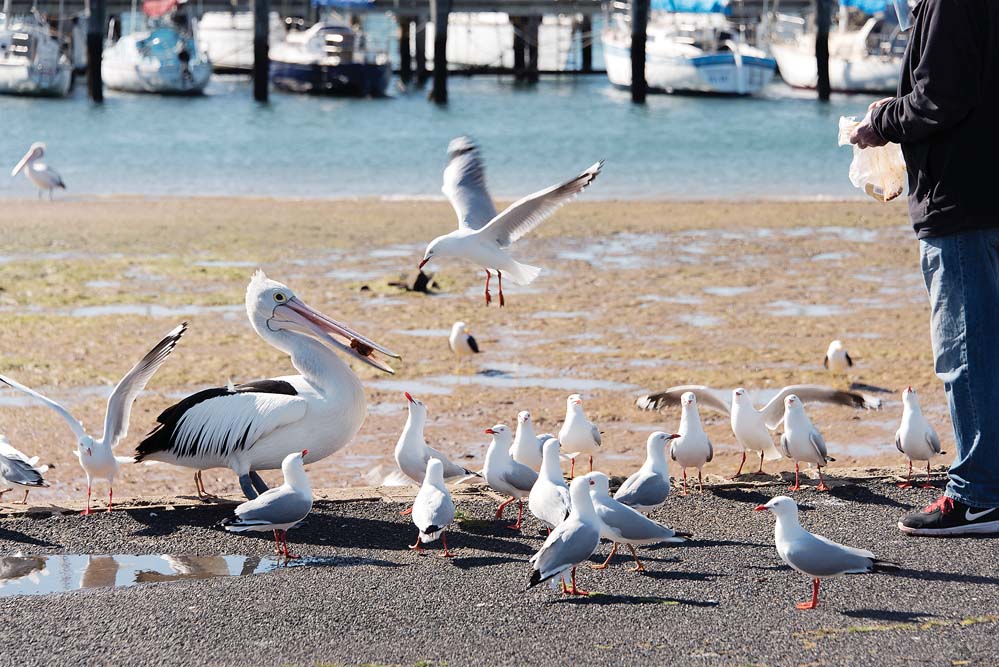
IN what seems an unlikely scenario, birds, particularly seabirds, have become collateral victims of the coronavirus pandemic.
Large numbers of disposable but not biodegradable face masks are entering the environment, adding to the already overwhelming pollution of beaches and waterways.
Disposing of the masks, which can take years to break down, has become a massive problem world wide.
Not only are discarded masks potential spreaders of the coronavirus (research shows that under certain conditions viruses can survive up to seven days on plastic masks), but they are also a danger to wildlife.
Masks can smother the environment and are ingested by animals which sometimes cannot distinguish between plastic and their prey.
If ingested, masks and other plastics swell and fill an animal’s stomach. Smaller animals can also become entangled in the masks.
Disposable masks should be placed in rubbish bins and not with recyclables.
First published in the Chelsea Mordialloc Mentone News – 9 September 2020